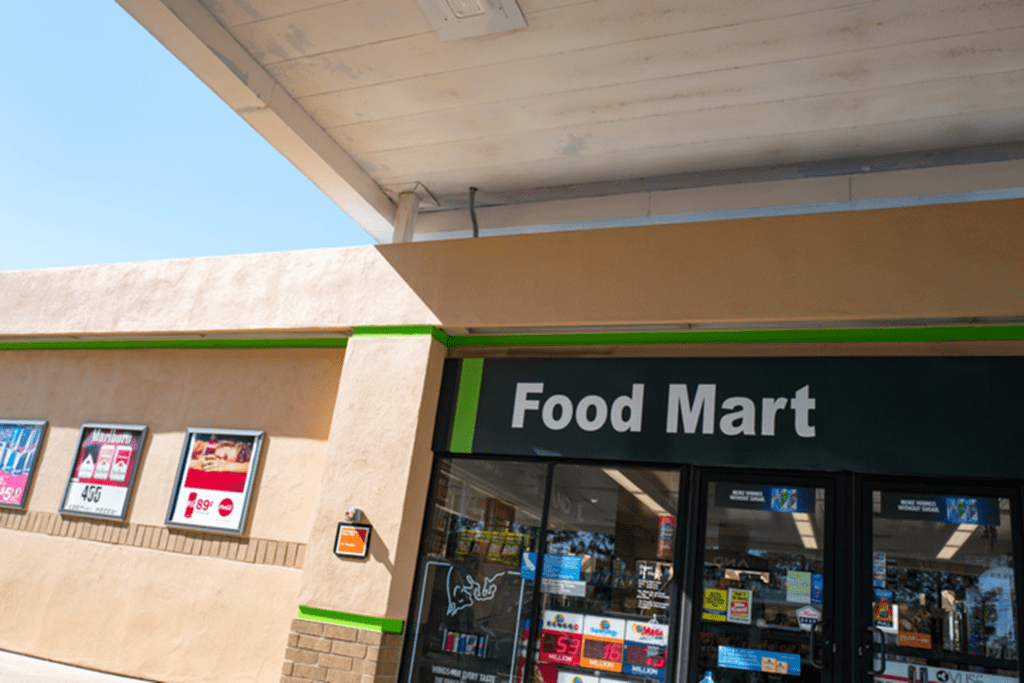
By Peyton Majors
Christian Action League
February 23, 2024
North Carolina legislators are moving to ban a drug known as tianeptine that the federal FDA warns is dangerous but that is widely available in stores and is often called “gas station heroin” for its impact on the body.
Although tianeptine is not regulated in the United States, it can cause seizures, loss of consciousness and even death, the FDA warns. It is sold under the brand names Zaza Red, Neptune’s Fix, Pegasus Red, Purple Magic, Red Dawn and Tiana Zaza.
In other countries, it is used as an antidepressant and prescribed by doctors in small doses.
“FDA is warning consumers not to purchase or use any Neptune’s Fix products, or any other product with tianeptine — a potentially dangerous substance that is not FDA-approved for any medical use but is illegally sold with claims to improve brain function and treat anxiety, depression, pain, opioid use disorder and other conditions,” the FDA said in a recent warning. “FDA has received severe adverse event reports after use of Neptune‘s Fix products, including seizures and loss of consciousness leading to hospitalization.”
In recent weeks, the manufacturer of Neptune’s Fix recalled the product.
“Users in this country have described the supplement as extremely addictive and say stopping it can lead to intense withdrawal symptoms and cravings,” North Carolina Health News reported. “Some have reported needing dozens of doses a day to avoid those effects.”
North Carolina lawmakers on the House Select Committee on Substance Abuse say they are working on legislation to ban the drug.
Republican Rep. Steve Ross said he has heard from North Carolinians who have been negatively impacted by tianeptine.
“They had younger adults in the family … who had been hospitalized, had been in intensive care,” Ross told WRAL.
Rev. Mark Creech, executive director of the Christian Action League, is applauding the legislature for taking action.
“Praise be to God, lawmakers are diligently assessing the looming threat posed by tianeptine products and appear poised to take decisive action,” Creech said. “Recently, the Christian Action League issued a stern warning to parents regarding the dangers of tianeptine products in one of our news reports at the end of January. It is imperative that we follow suit with other states that have already banned these products.
“The government’s paramount duty is to safeguard its citizens,” Creech added. “It’s difficult to conceive of any motive behind the manufacturing of such products other than pure profit-driven greed. Moreover, these manufacturers are fully cognizant of the existing market demand.”
Companies are taking advantage of impressionable teens and young adults, Creech said.
“What should truly incite our moral outrage is the exploitation of our neighbors’ vulnerabilities by those who produce these products,” he said.
“Many individuals who consume tianeptine are enticed by its psychoactive effects, seeking solace in euphoria, relaxation or mood enhancement. These effects hold particular allure for those grappling with stress, anxiety or depression, who view tianeptine as an escape. Some mistakenly assume its availability in commonplace venues like gas stations implies safety.
“Misinformation further clouds the perception of its risks. This lack of awareness often leads to experimentation or regular use without fully grasping the potential ramifications. In other instances, individuals resort to tianeptine due to barriers to accessing conventional healthcare or prescription medications, or simply because they perceive it as a swift remedy for their ailments.”
